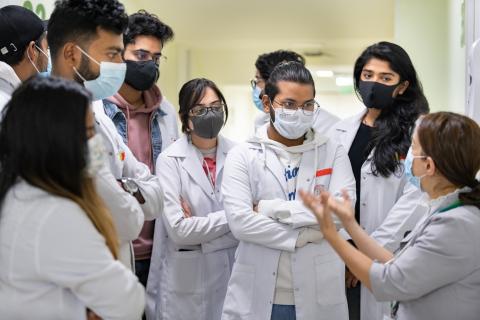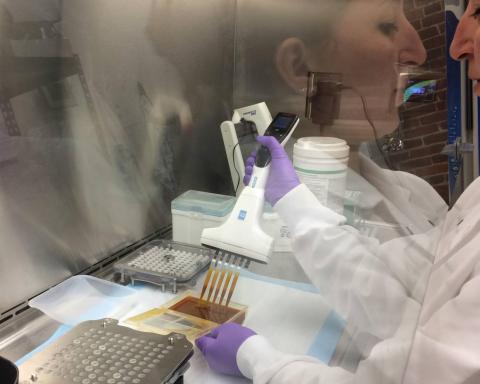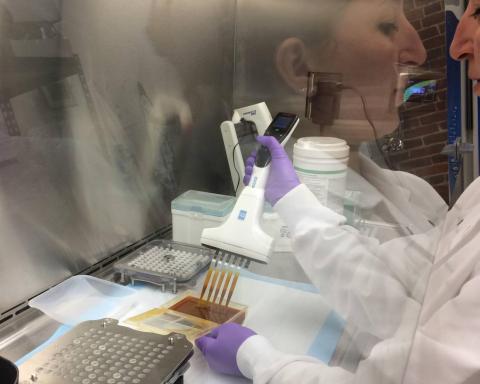Reaction: Phase 1 trial tests fecal transplantation to reduce antibiotic-resistant bacteria in susceptible individuals
The risk of developing resistant bacteria is higher in some people, such as those who have to take long-term antibiotics after organ transplantation. To try to reduce them, a phase 1 clinical trial has performed a fecal transplant on 10 people who had previously received a kidney transplant and had resistant bacteria. The fecal transplants accelerated decolonization, shortened the time it took to test negative for multidrug-resistant organisms, and, according to the authors, may also "reduce the recurrence of infections." The results are published in the journal Science Translational Medicine.

Gabaldón - Trasplantes (EN)
Toni Gabaldón
ICREA research professor and head of the Comparative Genomics group at the Institute for Research in Biomedicine (IRB Barcelona) and the Barcelona Supercomputing Center (BSC-CNS).
I find it an interesting study that suggests that fecal transplantation could help reduce the presence of antibiotic-resistant bacteria. This is an important application, given the high risk of post-transplant infections and the difficulty of treating multi-resistant bacteria.
The study, however, is very preliminary, with only a dozen patients. The groups compared receive fecal transplantation treatment at different times and are not compared with alternative pretreatments. It is important to remember that the aim of a phase 1 clinical trial is primarily to demonstrate safety and establish doses, not so much to demonstrate the efficacy of a treatment. Although the data point to high efficacy, we must wait for more advanced phases.
Woodworth et al.
- Research article
- Peer reviewed
- Clinical trial
- People



